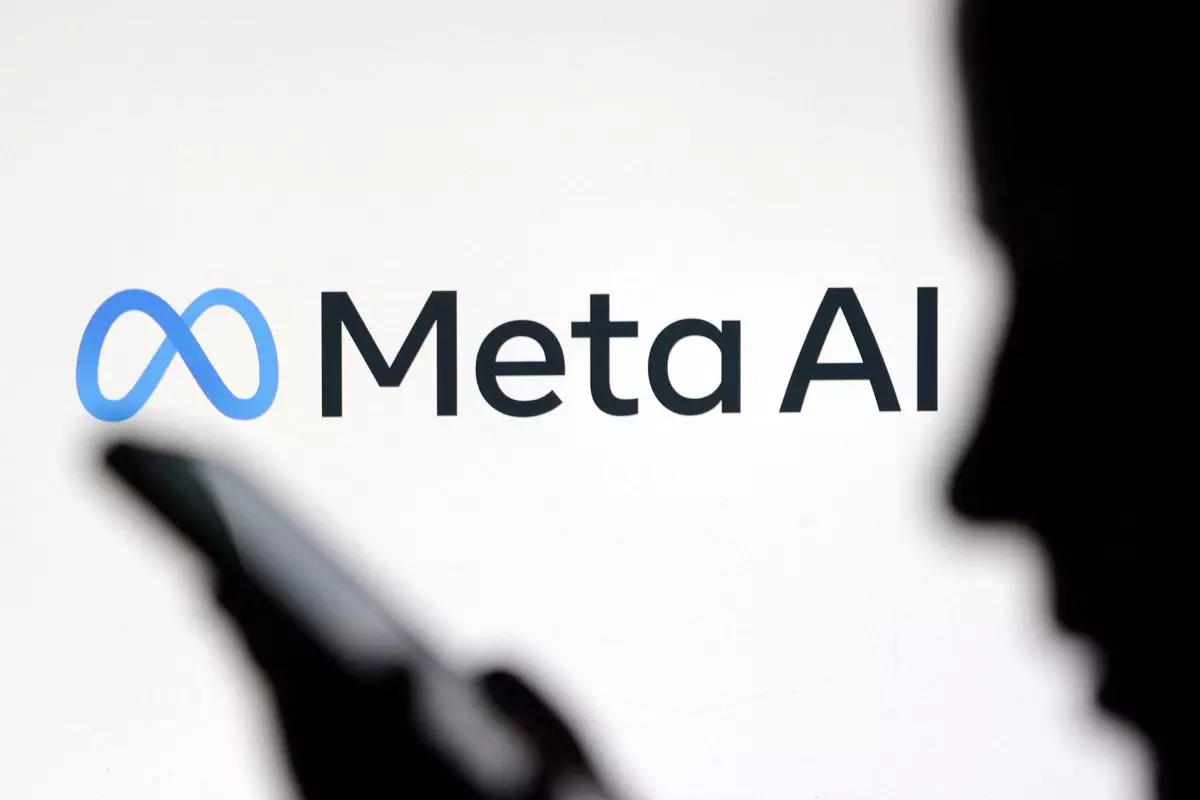On Friday, Meta, the tech giant behind Facebook, made a significant announcement regarding the strategic evolution of artificial intelligence (AI) models within its research division. This latest development includes the introduction of a revolutionary tool, termed the “Self-Taught Evaluator,” which aims to minimize human involvement in AI model evaluations. This initiative reflects Meta’s continuous pursuit of advancing AI technologies while enhancing efficiency and autonomy within these systems.
The Mechanism of Self-Taught Evaluation
The Self-Taught Evaluator operates on a framework that leverages a “chain of thought” process similar to that found in OpenAI’s recent models. The core principle of this methodology is to decompose complex challenges into manageable, logical steps. By adopting this approach, researchers assert that the evaluators will yield more accurate responses, especially in rigorous domains such as science, coding, and mathematics. Crucially, the model was trained using exclusively AI-generated data, marking a departure from traditional development practices that often relied heavily on human annotators for data verification and labeling.
As highlighted by the Meta researchers involved in the project, this innovative capability holds immense potential for the creation of autonomous AI agents. Such systems could, theoretically, learn from their mistakes without necessitating human intervention. The aspirations of researchers like Jason Weston indicate a vision of future AI that not only surpasses human capabilities but also self-assesses and improves its strategies for task execution. This represents a paradigm shift from conventional models that repeatedly depend on human feedback, underscoring a move toward more self-sufficient AI systems.
The self-evaluating AI models may significantly disrupt existing economic frameworks within the AI sector. As these models become adept at correcting their own errors, the reliance on Reinforcement Learning from Human Feedback (RLAHF) – a process widely regarded as costly and time-intensive – could diminish. This transition could reduce the demand for skilled human annotators who traditionally ensure the accuracy of data interpretation and response validation, potentially leading to a more streamlined and cost-effective AI development process.
Comparative Insights with Other AI Companies
While Meta’s endeavors reflect innovative progress in self-sufficient AI technologies, other major players within the AI landscape, such as Google and Anthropic, are also exploring similar avenues through Reinforcement Learning from AI Feedback (RLAIF). However, a critical distinction lies in Meta’s willingness to publicly release its models, fostering broader access and collaboration within the AI community. This openness not only accelerates innovation but also democratizes the benefits derived from advanced AI technologies.
Concluding Thoughts
Meta’s advancements in AI self-evaluation pave the way for an exciting future wherein AI systems could evolve beyond their current limitations. As these technologies progress, the AI landscape may soon witness heightened levels of autonomy, leading to super-human capabilities that transform industries and redefine the scope of digital assistance. With the shift towards self-sufficient evaluation processes, the potential to revolutionize AI applications and streamline development highlights the urgent need for continued research and ethical consideration in the rapidly evolving world of artificial intelligence.


Leave a Reply